Britain & Ireland
Women and social history can be overlooked themes in periods where records tended to focus on money, religion and Kings. While those latter themes are covered in this section so are features on individual women, their relationships with power and how they were able to influence politics and the people around them. Social history is also addressed through the stories of Hermits, soldiers, tax records and revolting peasantry with nobles. Read more
Sort by:
Date (Newest first) | Title A-Z
Show:
All |
Articles |
Podcasts |
Multipage Articles
-

Virtual Branch Recording: The Women of the Anarchy
ArticleClick to view -

Film: Building Anglo-Saxon England
ArticleClick to view -
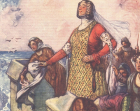
A woman’s place is in the castle
ArticleClick to view -
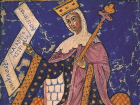
(Un)exceptional women: queenship and power in medieval Europe
ArticleClick to view -

Film: A Jewish Divorce Case in Medieval England
ArticleClick to view -

Old age care in the time of crisis: London in the sixteenth century
ArticleClick to view -

Film: Meet the author: Marc Morris on The Anglo-Saxons
ArticleClick to view -
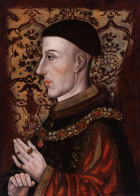
Virtual Branch Recording: Henry V, Henry the Conqueror?
ArticleClick to view -
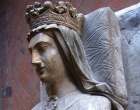
Eleanor of Aquitaine’s journey
ArticleClick to view -
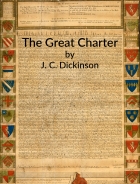
The Great Charter
ArticleClick to view -
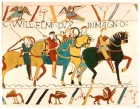
1066 in 2016
ArticleClick to view -
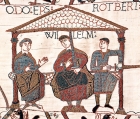
1066: The Limits of our Knowledge
ArticleClick to view -

MOOCs and the Middle Ages
ArticleClick to view -

St Peter’s-ad-murum, Bradwell-juxta-Mare
ArticleClick to view -
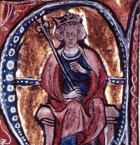
Saxons, Normans and Victorians
ArticleClick to view -

Welsh archers at Agincourt: myth and reality
ArticleClick to view -
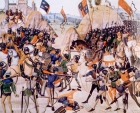
On the campaign trail: walking the Hundred Years War
ArticleClick to view -
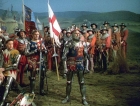
Henry V in the cinema
ArticleClick to view -

The archer's stake and the battle of Agincourt
ArticleClick to view -
Agincourt 1415-2015
ArticleClick to view

